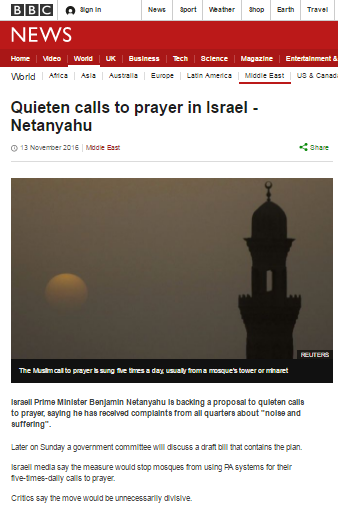1) The ITIC analyses the recent counter-terrorism operation against a Hamas cell in Jericho.
“The security force activity in the Aqabat Jabr refugee camp was atypical because until now the Jericho area, which is under the full control of the Palestinian Authority’s security services, was known as relatively quiet. The activity exposed a new local network, which calls itself the Aqabat Jabr Refugee Camp Battalion. It operates in the refugee camp and is subordinate to the Izz al-Din Qassam Brigades, Hamas’ military-terrorist wing (although the PIJ claims the network’s founder was its operative). The existence of an armed network in Jericho joining the networks in Jenin and Nablus may indicate an attempt to extend terrorist attacks in the Jordan Valley area, part of the efforts of the established Palestinian terrorist organizations to incite an armed uprising against Israel in Judea and Samaria.”
2) At the JCPA, Yoni Ben Menachem discusses Mahmoud Abbas’ rejection of US administration efforts to reduce violence.
“Senior administration officials asked Abbas to meet the PA’s security obligations as per the Oslo Accords and agree to a plan for the PA to fight terrorism on its own, so that the IDF would refrain from entry into Area A of the West Bank. But Abbas rejected the American plan and blamed Israel for the terrorism.
Abbas tried to convince the senior American officials that his way was better and that he would succeed in luring the wanted terrorists with promises of amnesty, salaries, and vehicles in exchange for them laying down their weapons.
Abbas’ containment plan though is destined for failure. He tried to implement it without success in recent months, but the members of the armed groups in Jenin and Nablus rejected it outright.”
3) At the Moshe Dayan Center, Ofra Bengio analyses ‘Erdoğan’s Regional Paradigm Shifts’.
“By assessing Turkey’s policy shifts in the foreign arena it is possible to say that each phase introduced a new vision regarding Ankara’s stance on the region. The first one symbolized Turkey’s engagement with the region, employing soft power; the second the use of force for leading the region; and the third a combination of the two. The first two phases had relatively poor results. The strategy of “zero problems with neighbors” ended up alienating many neighbors. The doctrine of “strategic autonomy” resulted in “precious loneliness”.
Regarding the third phase, which is still in the making, Turkey has managed to mend fences with three countries in the region and continued in earnest courting another two, Egypt and Syria. Still, it is at loggerheads with Greece and Cyprus.”
4) The FDD provides a monograph ‘Assessing the Islamic Republic of Iran’s Ballistic Missile Program’.
“Since agreeing to the 2015 nuclear deal, formally known as the Joint Comprehensive Plan of Action (JCPOA), Iran has launched at least 228 ballistic missiles, including failed and successful flight tests of surface-to-surface systems in drills and military operations as well as space/satellite launch vehicles (SLV) from its own territory. In addition, Iranian proxies in Iraq, Syria, Lebanon, and Yemen have received ballistic missiles or associated technology from their patron. This weaponry bolsters Iran’s forward-deployed deterrent and threatens U.S. forces in the Central Command (CENTCOM) area of responsibility as well as partners such as Israel and the Arab states of the Persian Gulf.
The JCPOA does not address ballistic missiles, but the deal is slated to remove EU penalties on Iran’s missile brain trust by October 2023. UN Security Council Resolution (UNSCR) 2231, which accompanied the JCPOA, terminates prohibitions on both Iranian missile testing and transfers by the same date. The deal thereby waters down previous UN penalties on Iran’s missile program and inhibits a more coercive Iran policy by Washington and its European partners.”





